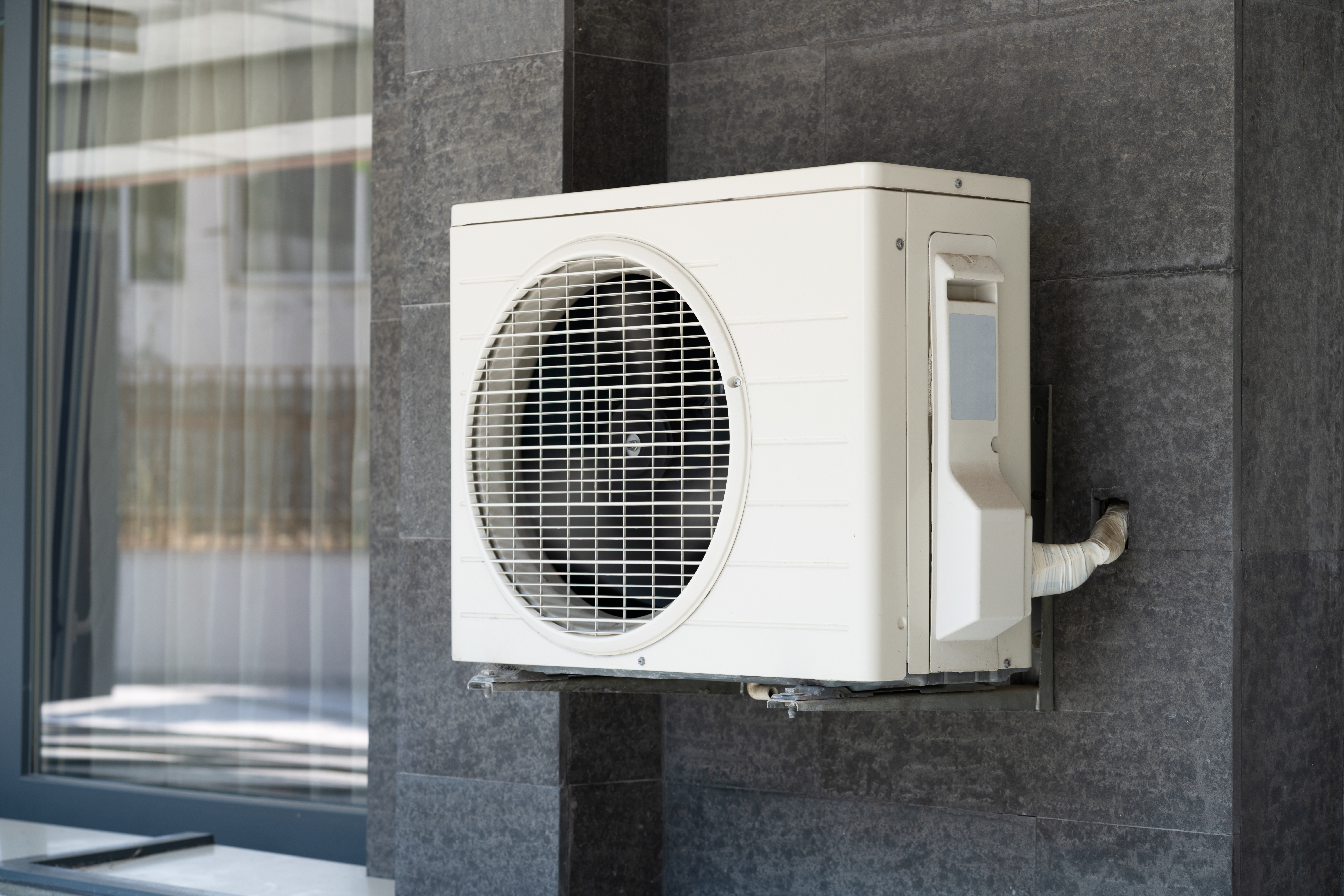If you’re like most homeowners in Henderson, KY, you likely have little experience with heat pumps. Although they’re not a new technology, heat pumps didn’t really gain traction here until recently. At last count, though, approximately 23% of Kentucky homes now rely on heat pumps. To understand why they’re getting so popular, you must understand a bit about how they work. Here is everything you need to know about how heat pumps work and why you should consider one for your home’s HVAC needs.
What Is a Heat Pump?
A heat pump, put simply, is a device that moves heat from one place to another. In an HVAC context, a heat pump system serves two functions. It can cool your house in the summer and heat your home in the winter. A heat pump is mechanically similar to a conventional air conditioner. However, it also contains a reversing valve that lets it operate as a heating system in the winter.
How Does a Heat Pump Work?
To operate, heat pumps rely on the refrigeration cycle. This is the same mechanism and scientific principles that power your home’s refrigerator. It is also the way air conditioners work. In fact, both devices are types of heat pumps, even if they are rarely called by that name.
Understanding the refrigeration cycle is simple. It relies on two easy-to-understand scientific principles. One is a part of the second law of thermodynamics, which states that heat energy will always spontaneously move from a hot substance to a colder one. The second is that the temperature of a liquid or gas varies depending on the pressure exerted on it, as does a liquid’s boiling point.
Heat pumps apply those principles to a refrigerant to collect heat and move it from place to place. In the winter, a heat pump uses an expansion valve to lower its refrigerant’s pressure. When that happens, the refrigerant’s temperature drops. In some heat pump systems, the refrigerant may get as cold as -15 degrees Fahrenheit at this stage. Then, the heat pump passes the cold refrigerant through an outdoor heat exchanger while a large fan blows outside air across it.
Since the outside air is warmer than the refrigerant, this causes the refrigerant to absorb heat energy from the air and warm up. Due to the low pressure, this heat absorption is enough to boil the refrigerant, turning it into a warm vapor. Next, the heat pump passes the warm, vaporous refrigerant through a compressor. As the compressor increases the refrigerant’s pressure, its temperature increases, too. Depending on its starting temperature, this results in the refrigerant reaching temperatures between 100 and 130 degrees Fahrenheit.
The hot, gaseous refrigerant then travels inside of your home, where it goes through another heat exchanger. Only this time, a fan blows colder air from your house across the heat exchanger. This transfers heat energy from the hot refrigerant to the air, eventually turning the refrigerant back to a liquid state. From there, the refrigerant travels outside to begin the cycle again.
In the summer, the process works the same way, except that the reversing valve sends the refrigerant in the opposite direction. This allows the refrigerant to remove heat from the air in your home, carry it outside, and expel it into the outdoor environment. As long as the refrigerant is hotter than the outside temperature after collecting heat in your house and getting compressed, the process will work.
What Are the Advantages of a Heat Pump?
As you may have guessed, heat pumps offer several advantages compared to conventional HVAC systems. One is that they offer you heating and cooling from a single unit. This means a heat pump replaces your home’s furnace and air conditioner at the same time. The most important advantage offered by heat pumps, though, is energy efficiency.
Under ideal conditions, a heat pump can operate at up to 400% efficiency in the winter. That is four times as efficient as the best gas furnace you can buy. In the summer, a heat pump offers cooling that’s as efficient as some of the best air conditioners on the market. The average heat pump has a SEER rating of 20 when operating in cooling mode. This places them among the most efficient cooling systems you can buy. As a result, the average home with a heat pump can save up to 40% on its energy bills compared to using conventional HVAC systems.
Your Local Heat Pump Experts
If you like what you have just read about heat pumps, OnTIME Service can help. For over 18 years, we have offered the finest HVAC installation, repair, and maintenance services. We offer the latest models of heat pumps, too. Plus, we provide geothermal systems, duct cleaning, plumbing services, and indoor air quality solutions. We even handle commercial HVAC systems. You will also appreciate that we’re accredited by the Better Business Bureau with an A+ rating. So, if you would like a heat pump for your Henderson home, call the experts at OnTIME Service today.









